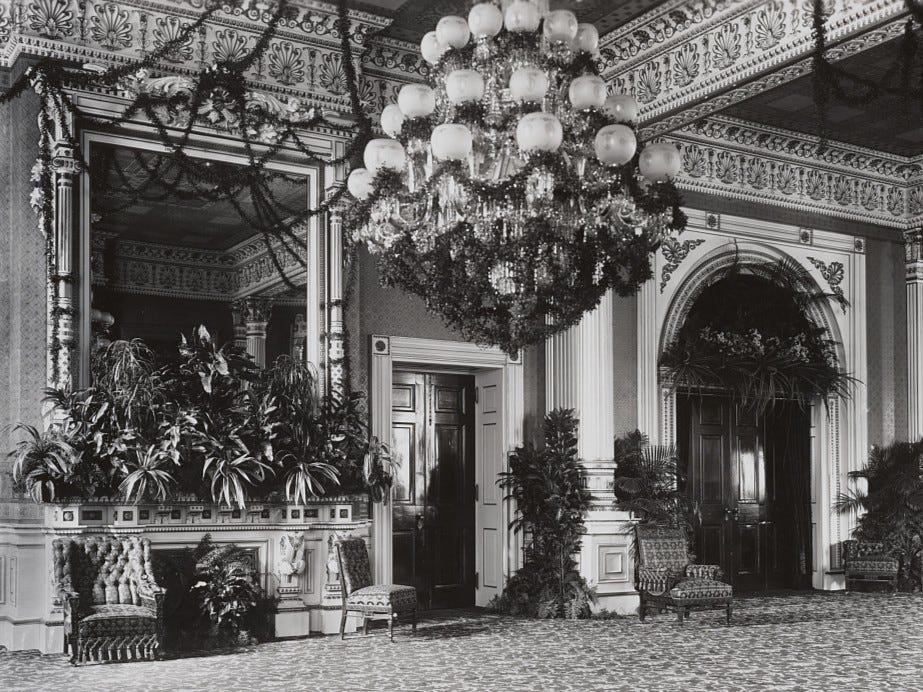Why stop there, Jeff?
A hot rumor is usually too much for a tabloid-style paper to pass up, and the rumor that Jeff Bezos is about to have a $600 million wedding has proven too much for the Daily Mail to resist. Predictably, Bezos has denied the story.
■ Just as predictably, critics have latched on to the story to decry the very possibility that anyone could have access to such wealth that a $600 million event is even a possibility. We can have endless arguments about whether lavish weddings are in good taste, but critics need to get one thing clear: Second-order effects matter.
■ Even if you have a moral objection to the accumulation of wealth, probably the best thing the ultra-wealthy can do for society is to spend lavishly, especially on events and experiences. If someone is planning a $6 million wedding, let alone a $600 million one, they're not out to cut corners and drive down profit margins for their vendors. They're out to put as much cold, hard cash into the hands of florists and bakers and drivers and housekeepers and decorators and pilots and wait staff and dry cleaners and photographers and bellhops and stylists as possible.
■ That's the redeeming quality of conspicuous consumption: Lavish spending puts people to work. And unless everyone is taking home a new Lamborghini as a party favor, then an extravagant event is an extremely efficient transfer of wealth from the ultra-rich to lots of working people.
■ The best response that the opponents of wealth could possibly have to a rumor like this isn't "We shouldn't have billionaires", it's "Why stop at $600 million, Jeff? What's keeping you from dropping a cool billion on the most important day in your life?" Why wait for the tax collector to conduct redistribution slowly and inefficiently, when a rich person's ego can redistribute their money faster?



